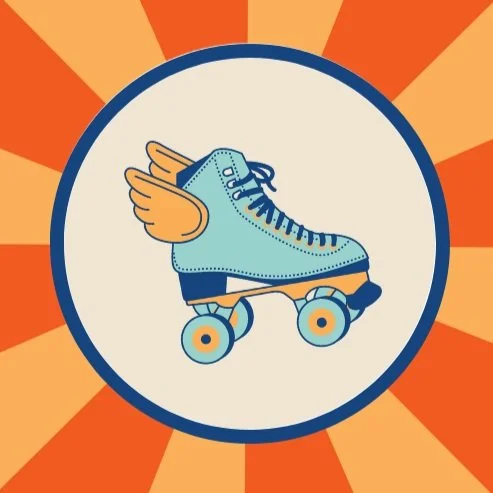Wheel of Risk
There are certain dynamics in individuals' lives putting them more at risk, or vulnerable, to being trafficked. While this is in no means a comprehensive and exhaustive list of vulnerabilities this wheel highlights ten areas that encompass a broad scope of what would make one individual more likely to be trafficked than another. Created by Elizabeth Hagan, Jessa Dillow Crisp, and Sarah VirgilLast Updated: January 2022Length: 10 minutesWe’ve taken a step back when looking at human trafficking. If less than 10% of victims are kidnapped by strangers, then how does someone typically end up in trafficking situations? What type of person are pimps and traffickers targeting?
How can we help?
The Wheel of Risk was created to help answer these questions.
It identifies many risk factors that can lead individuals into--or keep them in--a trafficking situation. Someone who doesn’t fall into these categories can still be can be trafficked, but the overwhelming majority of trafficked individuals identify with at least one of these risk factors.
Fighting and eliminating these risks will help eliminate human trafficking.
Take Action
We now understand the way risk factors play into trafficking vulnerabilities, it's time to take action to prevent these risk factors from increasing.
What YOU can do RIGHT NOW to help prevent trafficking:
Be a positive example to others. Become a mentor, invite someone new to your lunch table at school, say hello to someone new, ditch judgement, and be willing to listen.
Clean out your pantry and donate to your local food pantry to help meet needs of those underserved in your community.
Donate supplies to local foster care programs. Clothes, hygiene kits, toys, school supplies, and other items kids and teens might not have otherwise.
Normalize asking and receiving help with mental health problems.
Be an ally to the LGBTQ+ community. Be willing to call out others when they are using homophobic, racist, and misogynistic language.
Challenge yourself to identify exploitation and over sexualization in today’s culture and media.
Check out the sexual education laws in your home state.
These things may seem small, but when these actions all add up it makes a BIG DIFFERENCE.
Hotline NumbersNational Human Trafficking Hotline: 1-888-373-7888National Sexual Assault Hotline: 1-800-656-4673ChildHelp National Child Abuse Hotline: 1-800-422-4453Domestic Abuse Hotline: 1-800-799-7233Learn something new? Try out some of our other resources!







